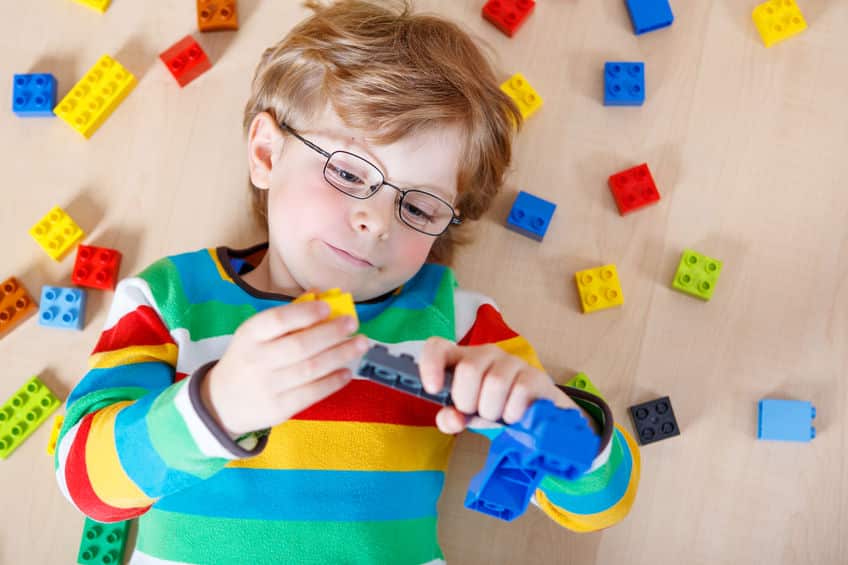According to the Centers for Disease Control and Prevention, about 6.8% of children younger than 18 years in the U.S. have a diagnosed eye and vision condition. Nearly 3% of children under 18 are blind or visually impaired, which means having trouble seeing even when wearing glasses or contact lenses.
 If you suspect your child needs glasses or contact lenses, don’t wait to visit the eye doctor. Luckily, if you don’t have the chance to see the eye doctor regularly, elementary schools must report aggregate vision screening annually to the state’s health department. Here’s how poor vision impacts learning in children:
If you suspect your child needs glasses or contact lenses, don’t wait to visit the eye doctor. Luckily, if you don’t have the chance to see the eye doctor regularly, elementary schools must report aggregate vision screening annually to the state’s health department. Here’s how poor vision impacts learning in children:
1. Poor focus issues
If your child cannot see the whiteboard or read the pages of the book in front of them, chances are they will get discouraged and lose focus quickly. The longer this problem goes on, the more likely your child will struggle with test scores and regular classroom communication, which could have a long-term impact on their confidence.
2. Poor hand-eye coordination
Since children in the U.S. school system are encouraged to be active, gym classes and regular recess activities are required. Kids with vision problems are more likely to suffer poor hand-eye coordination, which can lead them to miss out on the benefits of regular exercise and team sports.
The sooner your child is set up with a pair of glasses or contact, the better because regular exercise increases academic performance and motor development in classrooms across the U.S.
3. Poor self-confidence
Confidence-building activities in developmental years are critical to a successful academic experience that eventually leads into adulthood. When children are more confident in their intellectual abilities and receive positive reinforcement, they are more likely to succeed in school. However, if they are in a situation where they feel inadequate to their peers due to their vision problems, they’ll likely struggle to reach their full potential in the classroom.
Contact us to schedule your first pediatric eye appointment by visiting our website or calling 801-476-0494. Our pediatric ophthalmologist Dr. Bullard has a long track record of success and looks forward to seeing you! During your visit, all of your child’s needs will be considered, and your case will be treated as unique. Expect to leave with an official diagnosis and treatment plan.

